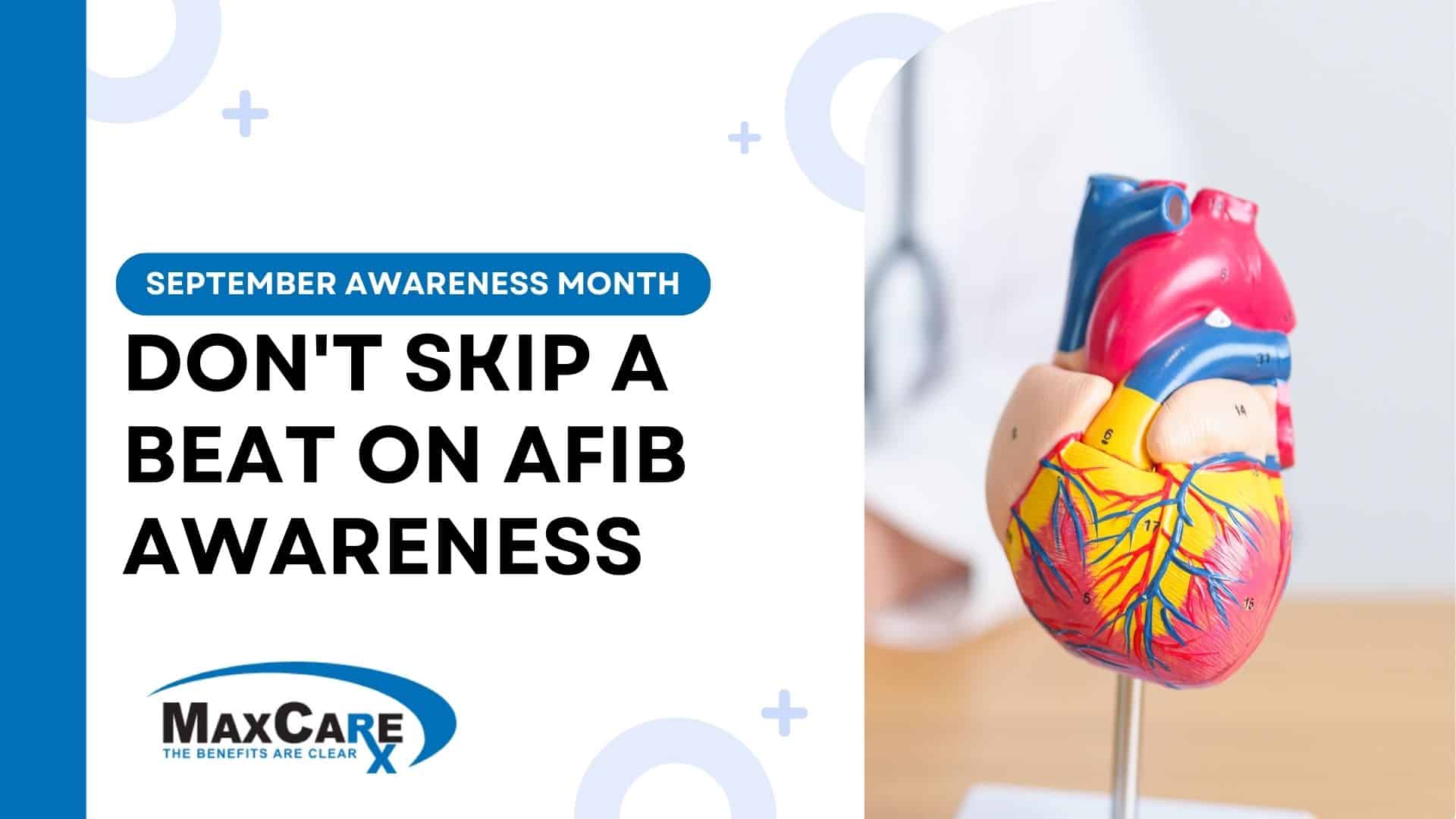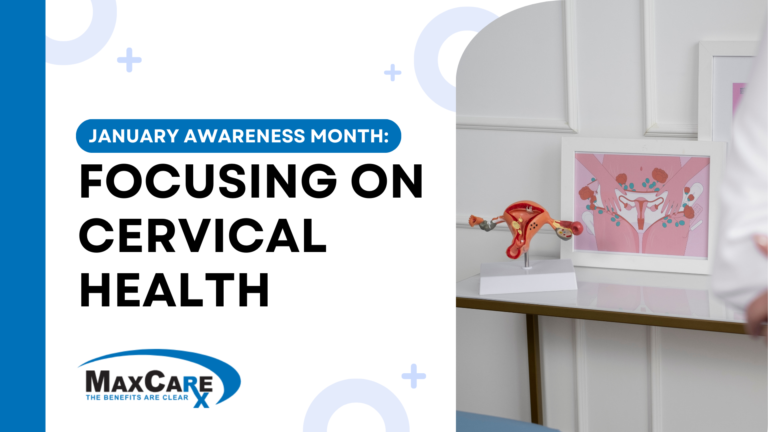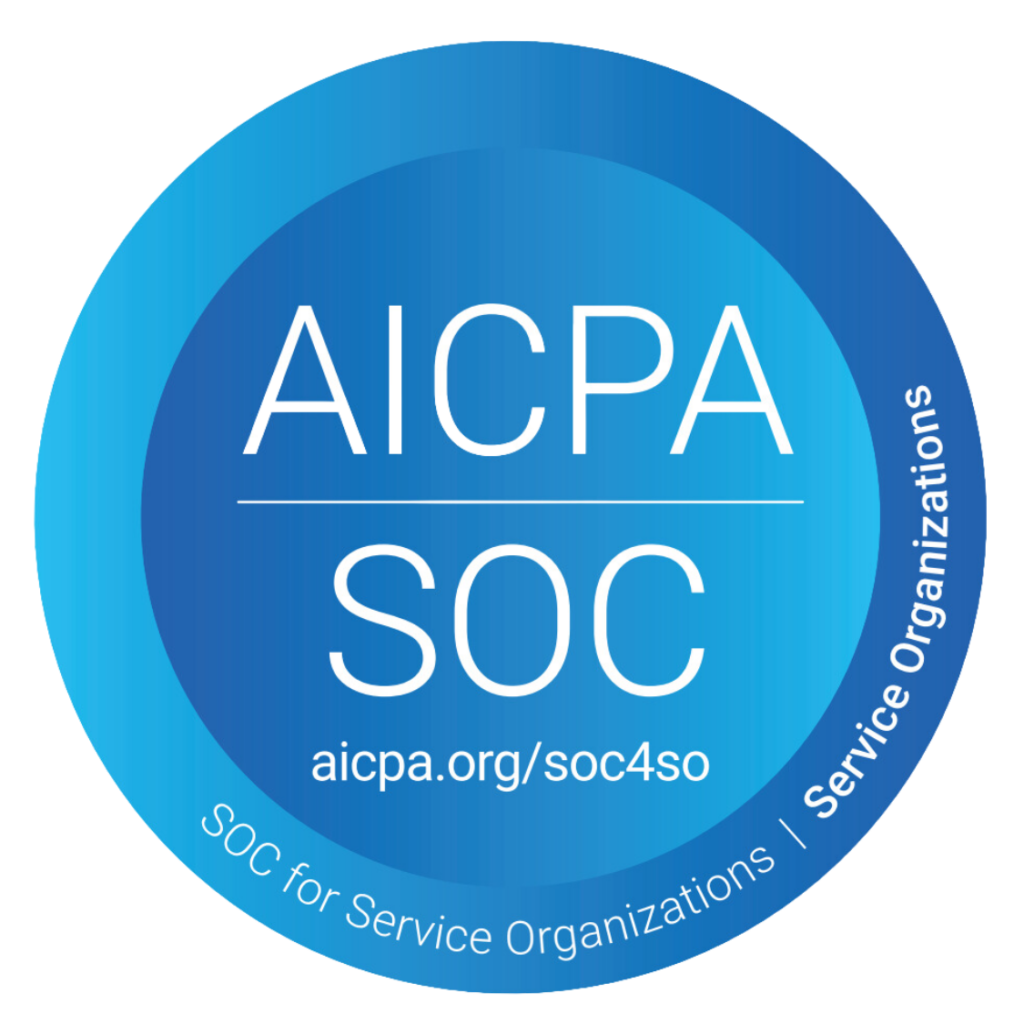September marks AFib Awareness Month, a crucial period dedicated to increasing public understanding about Atrial Fibrillation (AFib). Commonly known as AFib, this condition is characterized by an irregular and often rapid heart rate that may lead to severe complications such as stroke and heart failure. AFib arises from chaotic electrical signals in the heart’s upper chambers (the atria), causing a fast and irregular heartbeat. Let’s explore the risk factors, warning signs, and the importance of early detection and management of AFib, aiming to educate and empower individuals to take proactive measures in maintaining heart health.
Risk Factors and Demographic Differences
1. High Blood Pressure
High blood pressure, or hypertension, is a significant risk factor for AFib. When blood pressure is consistently high, it can cause changes in the heart’s structure, such as the thickening of the heart muscles and the enlargement of the heart chambers. These changes can weaken the heart and make it more susceptible to irregular electrical impulses that cause AFib.
2. Coronary Artery Disease
Coronary artery disease, characterized by the narrowing or blockage of the coronary arteries due to plaque buildup, can also contribute to AFib. Reduced blood flow to the heart muscle can result in damage and scarring, which can disrupt the heart’s electrical pathways and lead to irregular heartbeats.
3. Sleep Apnea
Sleep apnea is a condition where breathing repeatedly stops and starts during sleep. This can lead to significant fluctuations in oxygen levels, causing stress and inflammation in the heart. Over time, this can change the structure and function of the heart, increasing the risk of AFib.
4. Congenital Heart Defects
Congenital heart defects are structural problems with the heart that are present at birth. These defects can affect the heart’s ability to pump blood effectively and may disrupt the heart’s electrical system, making AFib more likely.
5. Age as a Major Factor
While AFib can affect anyone, its prevalence increases with age. People over the age of 65 are at a higher risk due to the natural aging process, which can lead to changes in the heart’s structure and function. However, it’s important to note that younger individuals with particular lifestyle factors, such as poor diet, lack of exercise, and excessive alcohol or caffeine consumption, as well as those with underlying medical conditions, are also susceptible.
Warning Signs and Symptoms
1. Heart Palpitations
Palpitations refer to the sensation of a rapid, irregular heartbeat. Individuals with AFib often describe feeling as though their heart is racing, fluttering, or pounding unpredictably. These palpitations can be disconcerting and might occur sporadically, adding to the complexity of early detection.
2. Fatigue
A common symptom of AFib is fatigue or an overwhelming sense of tiredness. This fatigue is not just the result of physical exertion but can persist even during periods of rest. Persistent fatigue can interfere with daily activities and overall quality of life, often leading individuals to seek medical attention.
3. Shortness of Breath
Shortness of breath, or dyspnea, is a frequent symptom of AFib. Patients may struggle to catch their breath during physical activity or even while at rest. This can be particularly worrisome and debilitating, often prompting individuals to notice a change in their health status.
4. Chest Pain
Some individuals with AFib may experience chest pain or discomfort. This pain is often characterized as a sharp, stabbing sensation or a feeling of tightness in the chest.
Impact: Chest pain can be alarming and suggestive of an underlying cardiovascular issue, necessitating immediate medical evaluation.
5. Dizziness or Fainting
Dizziness, light-headedness, or even fainting spells (syncope) can occur due to the irregular and inefficient pumping of blood during AFib episodes. These symptoms can be dangerous, particularly if they lead to falls or accidents, highlighting the need for timely medical assessment and intervention.
Importance of Early Detection and Regular Health Monitoring
AFib symptoms can vary greatly in intensity and frequency. Some individuals may experience mild episodes, while others may encounter severe and persistent symptoms. This variability underscores the importance of:
- Early Detection: Recognizing the early symptoms of AFib can lead to prompt medical evaluation, diagnosis, and treatment. Early intervention can prevent complications such as stroke or heart failure.
- Regular Health Monitoring: Routine check-ups and monitoring of heart health are crucial, especially for individuals at higher risk of AFib (e.g., those with hypertension, diabetes, or a family history of heart disease). Using tools like wearable heart monitors can also assist in tracking irregular heartbeats and symptoms.
The Importance of Preventive Measures
Preventing AFib requires a combination of lifestyle adjustments and regular medical check-ups:
- Maintain a Healthy Weight: Obesity is a significant risk factor for AFib. Adopting a balanced diet and regular exercise can mitigate this risk.
- Limit Alcohol Intake: Excessive alcohol consumption can exacerbate AFib symptoms.
- Avoid Smoking: Nicotine can trigger irregular heartbeats and increase overall cardiovascular risk.
- Be Cautious with Caffeine and Energy Drinks: Both can increase the heart rate and worsen AFib symptoms.
The Impact of Untreated AFib
1. Stroke
One of the most severe complications of untreated AFib is the increased risk of stroke. AFib causes the heart’s atria to beat irregularly and ineffectively. This irregular movement can cause blood to pool in the atria, leading to the formation of blood clots.
If a blood clot formed in the heart is pumped out and travels to the brain, it can lodge in a blood vessel, blocking blood flow and causing a stroke. This can result in significant brain damage, long-term disability, and even death.
Individuals with AFib are five times more likely to suffer from a stroke compared to those without AFib.
2. Heart Failure
AFib can cause the heart to work less efficiently over time. The irregular and rapid heart rate makes it difficult for the heart to fill with blood properly between beats. As a result, the heart’s ability to pump blood to the rest of the body is compromised.
This can lead to heart failure, a condition where the heart is unable to supply sufficient blood flow to meet the body’s needs. Symptoms of heart failure include fatigue, shortness of breath, and swelling in the legs and ankles.
3. Cardiomyopathy
Persistent, untreated AFib can lead to a condition known as tachycardia-induced cardiomyopathy, where the heart muscle becomes weakened and stretched due to the prolonged high heart rate.
This condition can cause further deterioration of heart function, making it more difficult for the heart to pump blood efficiently. It can also exacerbate symptoms of heart failure.
4. Chronic Fatigue and Reduced Quality of Life
The ongoing strain of an irregular heartbeat can lead to chronic fatigue and reduced physical stamina. People with untreated AFib may find it challenging to engage in daily activities or exercise.
Quality of Life: The persistent symptoms, such as fatigue, shortness of breath, and palpitations, can significantly impact the individual’s day-to-day life and overall well-being.
5. Cognitive Decline and Dementia
Research has shown a correlation between untreated AFib and an increased risk of cognitive decline and dementia. The irregular blood flow and potential microclots or emboli in the brain may contribute to these conditions.
This can lead to memory problems, difficulties with concentration, and other cognitive impairments that affect the individual’s ability to perform everyday tasks.
Medications and Their Roles in Managing AFib
Atrial Fibrillation (AFib) management often involves a combination of medications tailored to address various aspects of the condition. Here’s an expanded overview of the key medications used in managing AFib:
1. Heart Rate Regulators
Medications that help maintain a steady heart rhythm are crucial for individuals with AFib. Two primary types are:
- Beta-Blockers: These drugs, such as metoprolol and atenolol, work by blocking the effects of adrenaline on the heart. This helps slow down the heart rate, ensuring it beats more regularly. They are effective in reducing symptoms like palpitations and can improve overall heart function.
- Calcium Channel Blockers: Medications like diltiazem and verapamil help relax the blood vessels and reduce the heart rate by interfering with the movement of calcium into the cells of the heart and blood vessels. These drugs are particularly useful in controlling the rapid heart rate associated with AFib.
2. Stroke Prevention Drugs
Given the high risk of stroke in individuals with AFib, anticoagulants are often prescribed to prevent blood clot formation. The main types include:
- Anticoagulants (Blood Thinners): These medications, such as warfarin, dabigatran, rivaroxaban, and apixaban, help prevent the formation of clots by interfering with the blood’s clotting process. Regular monitoring is required, especially with warfarin, to ensure the correct dosage and to avoid complications.
- Antiplatelet Agents: Although less commonly used, drugs like aspirin can also help reduce the risk of stroke by preventing platelets from clumping together.
Understanding AFib Triggers
1. Alcohol
Alcohol is a well-known trigger for AFib. Even moderate consumption can increase the risk of AFib episodes in some individuals. Binge drinking, or consuming large amounts of alcohol in a short period, is particularly risky. Alcohol affects the electrical signals in the heart, which can lead to irregular heartbeats. It can also lead to dehydration and changes in electrolyte levels, further contributing to AFib.
Reducing alcohol intake or avoiding it altogether may help manage or prevent AFib episodes.
2. Caffeine
Caffeine, found in coffee, tea, and some soft drinks, can also trigger AFib in some individuals. While moderate caffeine consumption is generally considered safe, some people are more sensitive. Caffeine can stimulate the heart, leading to increased heart rate and palpitations, which may trigger AFib.
Monitoring caffeine intake and noting any correlation with AFib symptoms can help manage the condition. Switching to decaffeinated options may be beneficial for some.
3. Nicotine
Nicotine, found in cigarettes and other tobacco products, is another trigger for AFib. Nicotine replacement products like gums and patches can also have similar effects. Nicotine stimulates the release of adrenaline, increasing heart rate and blood pressure, which can precipitate arrhythmias like AFib.
Quitting smoking and using nicotine replacement therapies under medical supervision can reduce AFib risk and improve overall heart health.
4. Energy Drinks
Energy drinks often contain high levels of caffeine, sugar, and other stimulants which can exacerbate AFib symptoms. The combined effect of high caffeine and other stimulants in energy drinks can lead to increased heart rate and irregular heartbeats.
Avoiding energy drinks and choosing healthier alternatives like water or herbal teas can help manage AFib.
5. Medications That May Trigger or Exacerbate AFib
While many medications help manage AFib, certain drugs can potentially worsen the condition or trigger episodes. It’s essential to be aware of and manage these appropriately:
- Stimulants: Medications containing stimulants, such as those used in treating attention deficit hyperactivity disorder (ADHD) or certain over-the-counter cold and allergy medications, can increase heart rate and trigger AFib episodes.
- Thyroid Medications: Overactive thyroid or inappropriate thyroid hormone replacement can exacerbate AFib, making it critical to monitor and adjust these medications under a healthcare provider’s guidance.
A Holistic Approach to Health with MaxCare
At MaxCare, we advocate for a holistic approach to health, emphasizing the importance of living a healthy and balanced lifestyle. Our commitment is to provide comprehensive support, guiding individuals in making informed decisions about their health. Recognizing the intricate relationship between lifestyle choices and conditions like AFib, we aim to empower our partners and clients with the knowledge and tools needed to promote overall well-being.
Join us in September, and beyond, in raising awareness about AFib. Let’s work together to ensure that no heartbeat goes unnoticed.



